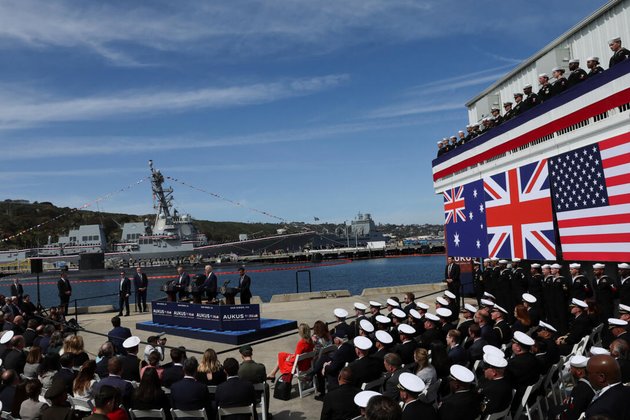2LT International News
Standing Rock Sioux tribe of North Dakota celebrate court decision
Jul 7, 2020
A U.S. federal judge ruled Monday that a controversial pipeline that runs through Native American lands in North Dakota be shut down by August 5.
“Following multiple twists and turns in this long-running litigation, this Court recently found that Defendant U.S. Army Corps of Engineers had violated the National Environmental Policy Act when it granted an easement to Defendant-Intervenor Dakota Access, LLC to construct and operate a segment of that crude-oil pipeline running beneath the lake,” the opinion from U.S. District Judge James Boasberg read.
The Standing Rock Sioux tribe of North Dakota has opposed the pipeline for years and continually fought against it at various stages of its construction and use, including months of protests which often turned violent.
“Today is a historic day for the Standing Rock Sioux Tribe and the many people who have supported us in the fight against the pipeline,” said Chairman Mike Faith of the Standing Rock Sioux Tribe. “This pipeline should have never been built here. We told them that from the beginning.”
Last year, an expansion of the Dakota Access Pipeline (DAPL) was proposed and was challenged in court by the Standing Rock Sioux tribe.
Standing Rock Tribe, Allies, Oppose Planned Dakota Pipeline Upgrade Viewing the upgrade as culturally and environmentally catastrophic, the Sioux tribe has requested a hearing with state authorities
The tribe sued the U.S. Army Corps of Engineers in 2016 when the pipeline was being planned, saying it would put tribal water supply at risk. Oceti Sakowin camp was established, where members of the tribe and other tribes as well as allies and advocates camped for months in an attempt to block construction.
Monday’s order mandates that the pipeline be shut down and that all oil be removed within 30 days.
Pipeline operator Energy Transfer Partners (ETP) first announced plans to build the original pipeline in late 2014. The pipeline carries crude oil from the Bakken oil fields nearly 1,900 kilometers to holding tanks in Illinois, where it is then transported by rail to refineries on the Texas Gulf coast.
Four days after he took the oath of office in January 2017, President Donald Trump signed an executive order allowing the U.S. Army Corps of Engineers to proceed with the project – which had previously been put under review during the Obama administration – and oil began flowing the following June. By law, the U.S. Army Corps of Engineers is responsible for evaluating and issuing permits for all water crossings.







